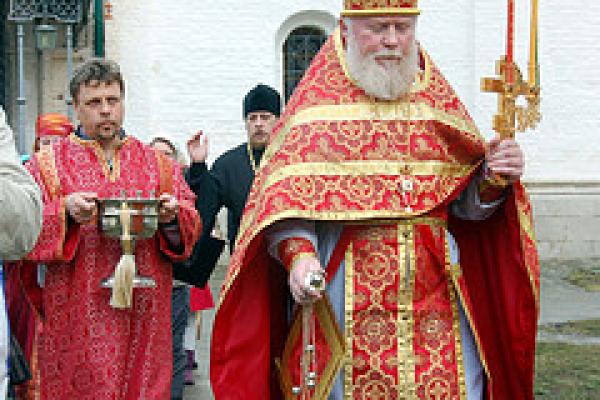Jun 9, 2014
Top Catholic and Orthodox church officials in North America are calling on the Vatican to let married men become priests in Eastern rite Catholic churches, another sign that optional celibacy could become a front-burner issue under Pope Francis.
Eastern rite Catholic churches have a look and feel similar to Eastern Orthodox churches but are loyal to Rome and fall under the pope’s jurisdiction.
Like Eastern Orthodox churches, Eastern rite Catholics tend to have more local autonomy than their Roman Catholic counterparts, and they have particular liturgies and customs that date back to their origins in the Middle East and Eastern Europe.
One of those customs is optional celibacy. While Eastern rite Catholic bishops cannot be married, the priesthood is open to married men.
Read the Full Article

Already a subscriber? Login
